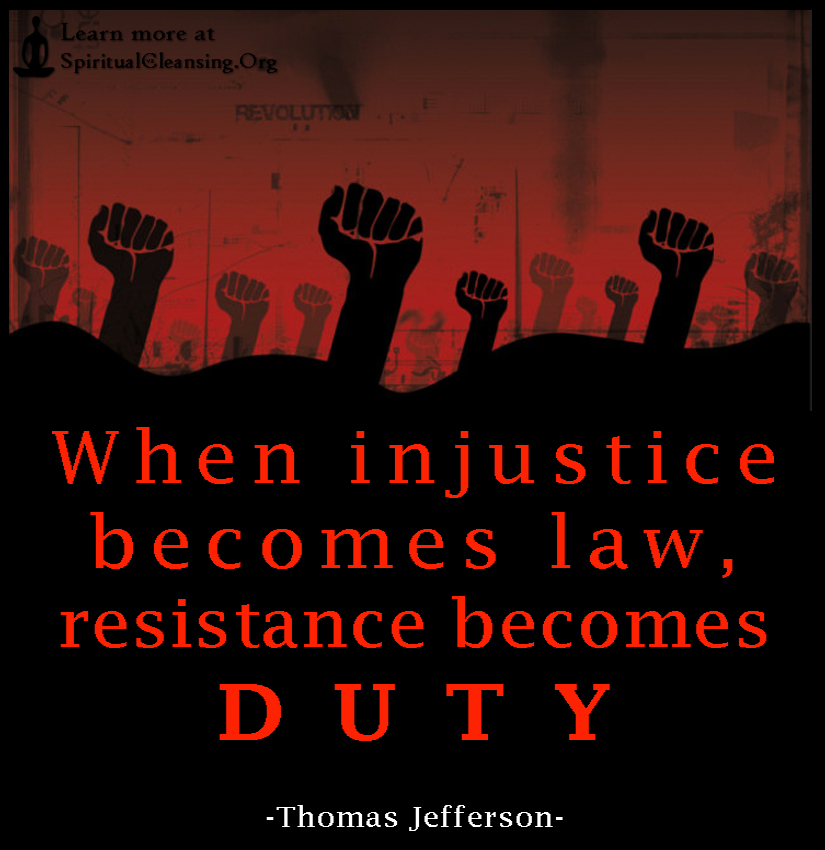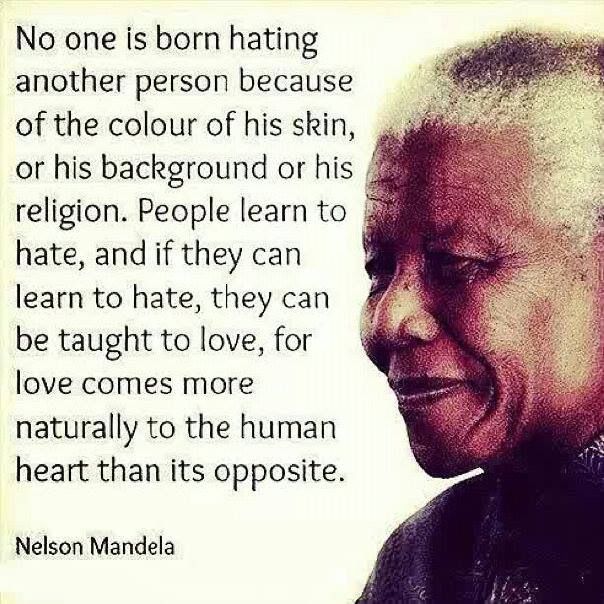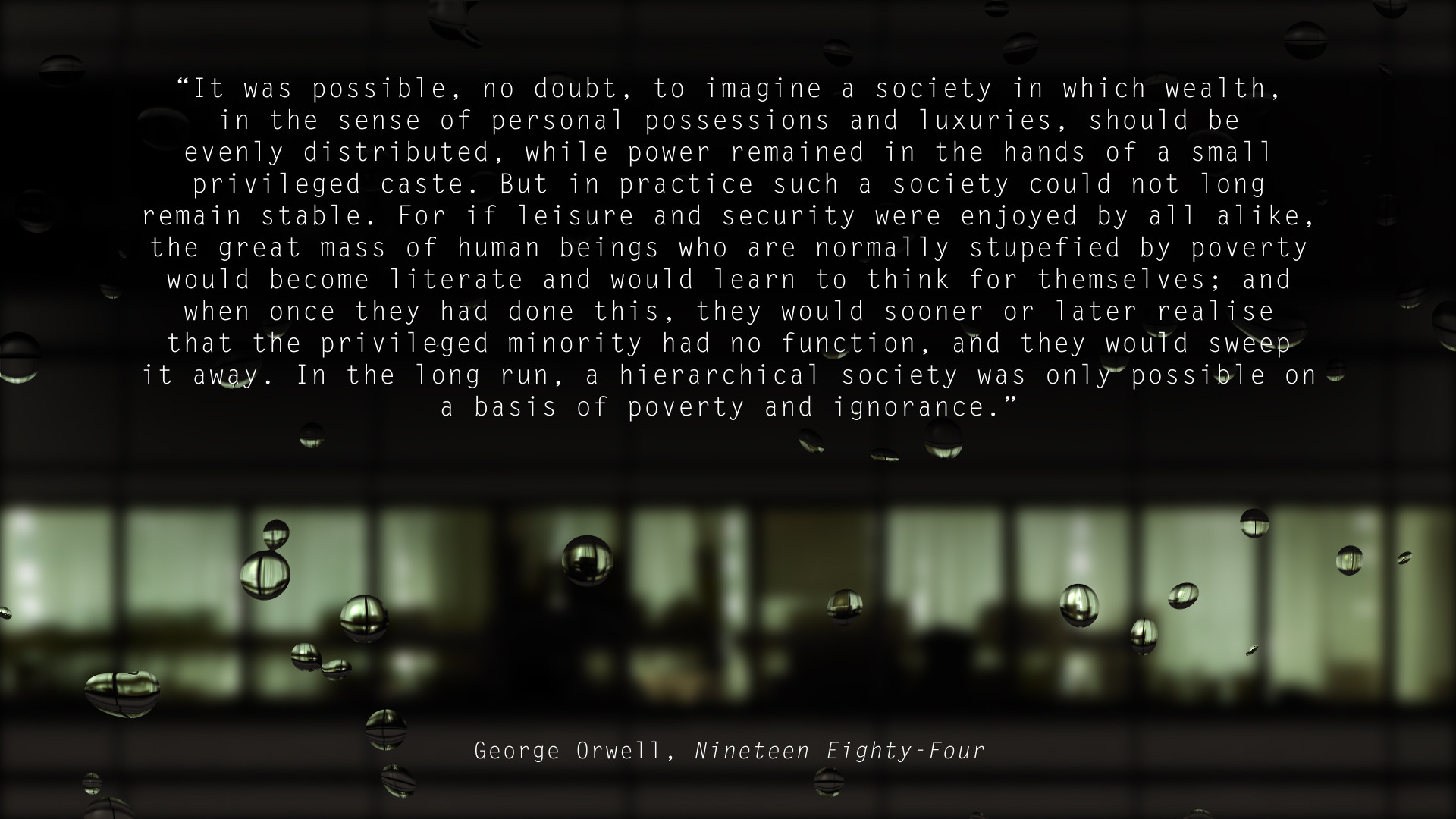Injustice within law enforcement is one of the most pressing social issues of our time. Police injustice quotes have become a powerful tool in raising awareness, inspiring action, and advocating for systemic reform. These words carry weight, emotion, and the potential to ignite meaningful conversations about justice and equality. If you're seeking to understand the depth of this issue, exploring these quotes is an excellent place to start.
As society grapples with the complexities of policing and its impact on marginalized communities, quotes about police injustice provide insight into the lived experiences of those affected. They serve as both a reflection of reality and a call to action for those who seek change.
In this article, we will delve deep into the world of police injustice quotes, examining their significance, origins, and implications. By exploring these words, we aim to foster understanding, empathy, and a commitment to creating a more just society.
Read also:Chris Pines Parents A Comprehensive Look Into Their Lives And Influence
Table of Contents
- Understanding Police Injustice
- Powerful Police Injustice Quotes
- Statistics on Police Injustice
- The Historical Context of Police Injustice
- Causes of Police Injustice
- Potential Solutions to Police Injustice
- The Impact of Police Injustice on Communities
- Social Movements Fighting Against Police Injustice
- Media Representation of Police Injustice
- The Future of Policing and Justice
Understanding Police Injustice
Defining Police Injustice
Police injustice refers to the systemic and individual acts of misconduct by law enforcement officers that result in the violation of civil rights, discrimination, or unnecessary use of force. These actions often disproportionately affect minority communities, fueling distrust and division between citizens and law enforcement.
Understanding police injustice requires recognizing its multifaceted nature. It is not merely about isolated incidents but also the policies, practices, and cultural norms that enable such behavior to persist.
Powerful Police Injustice Quotes
Quotes That Resonate
Quotes about police injustice often encapsulate the frustration, anger, and hope for change felt by those who experience or witness it. Here are some powerful examples:
- "The arc of the moral universe is long, but it bends toward justice." – Martin Luther King Jr.
- "Justice is what love looks like in public." – Cornel West
- "Injustice anywhere is a threat to justice everywhere." – Martin Luther King Jr.
- "The law, in its majestic equality, forbids the rich as well as the poor to sleep under bridges, to beg in the streets, and to steal bread." – Anatole France
These quotes serve as a reminder of the ongoing struggle for justice and the need for collective action.
Statistics on Police Injustice
Data That Highlights the Problem
Statistics paint a stark picture of police injustice in the United States and beyond. According to Mapping Police Violence, Black Americans are three times more likely to be killed by police than white Americans. Furthermore, data from the Bureau of Justice Statistics indicates that people of color are disproportionately subjected to police stops, searches, and arrests.
These numbers underscore the urgent need for reform and accountability within law enforcement agencies. By examining the data, we can better understand the scope of the issue and work towards solutions.
Read also:Sara Saffari Race Unveiling The Phenomenon And Her Impact
The Historical Context of Police Injustice
A Look Back at the Roots
The roots of police injustice can be traced back to the origins of modern policing. In the United States, early police forces were often used to enforce slavery and suppress labor movements. This history has contributed to the systemic biases that persist today.
Understanding the historical context of police injustice is crucial for addressing its modern manifestations. By acknowledging the past, we can work towards creating a more equitable future.
Causes of Police Injustice
Factors Contributing to the Problem
Several factors contribute to police injustice, including implicit bias, lack of accountability, and inadequate training. Implicit biases can lead officers to make decisions based on stereotypes rather than objective evidence. The absence of meaningful consequences for misconduct perpetuates a culture of impunity.
Inadequate training in de-escalation techniques and cultural competency further exacerbates the problem. Addressing these root causes requires comprehensive reforms at all levels of law enforcement.
Potential Solutions to Police Injustice
Steps Towards Reform
Combatting police injustice requires a multi-faceted approach. Implementing body cameras, strengthening accountability measures, and revising use-of-force policies are all potential solutions. Community policing initiatives can also help build trust between law enforcement and the communities they serve.
Education and training programs focused on bias awareness and cultural competency are essential components of reform efforts. By empowering officers with the tools they need to make fair and just decisions, we can reduce instances of police injustice.
The Impact of Police Injustice on Communities
Consequences That Ripple Far and Wide
Police injustice has profound effects on affected communities, leading to increased fear, mistrust, and social unrest. When individuals feel unsafe in their interactions with law enforcement, it undermines the very purpose of policing – to protect and serve.
These impacts extend beyond those directly affected, influencing entire communities and perpetuating cycles of trauma and inequality. Addressing these effects requires a commitment to healing and reconciliation alongside systemic reform.
Social Movements Fighting Against Police Injustice
Organizations at the Forefront
Various social movements have emerged to combat police injustice, including Black Lives Matter, Campaign Zero, and Color of Change. These organizations advocate for policy changes, raise awareness, and support those affected by police misconduct.
Through grassroots activism and digital campaigns, these movements have brought attention to the issue of police injustice on a global scale. Their efforts continue to inspire and mobilize individuals to take action in their own communities.
Media Representation of Police Injustice
The Role of Media in Shaping Perceptions
Media plays a critical role in shaping public perceptions of police injustice. Investigative journalism and documentaries have shed light on systemic issues within law enforcement, sparking widespread discussions about reform.
However, media representation can also perpetuate stereotypes and misinformation. Ensuring balanced and accurate coverage is essential for fostering informed public discourse and driving meaningful change.
The Future of Policing and Justice
Visioning a More Equitable System
The future of policing lies in creating systems that prioritize justice, equity, and community well-being. This involves reimagining the role of law enforcement and investing in alternative approaches to public safety.
By embracing innovation and collaboration, we can build a future where police injustice is a relic of the past. It requires the collective effort of individuals, communities, and policymakers to achieve this vision.
Conclusion
In conclusion, police injustice quotes serve as powerful reminders of the ongoing struggle for justice and equality. By exploring the causes, impacts, and potential solutions to this issue, we can work towards creating a more just society.
We invite you to share your thoughts and experiences in the comments below. Together, we can continue the conversation and drive meaningful change. Don't forget to explore other articles on our site for more insights into social justice issues.
For further reading, consider consulting sources such as Mapping Police Violence, the American Civil Liberties Union (ACLU), and the NAACP Legal Defense and Educational Fund. Their work provides valuable context and resources for understanding and addressing police injustice.


